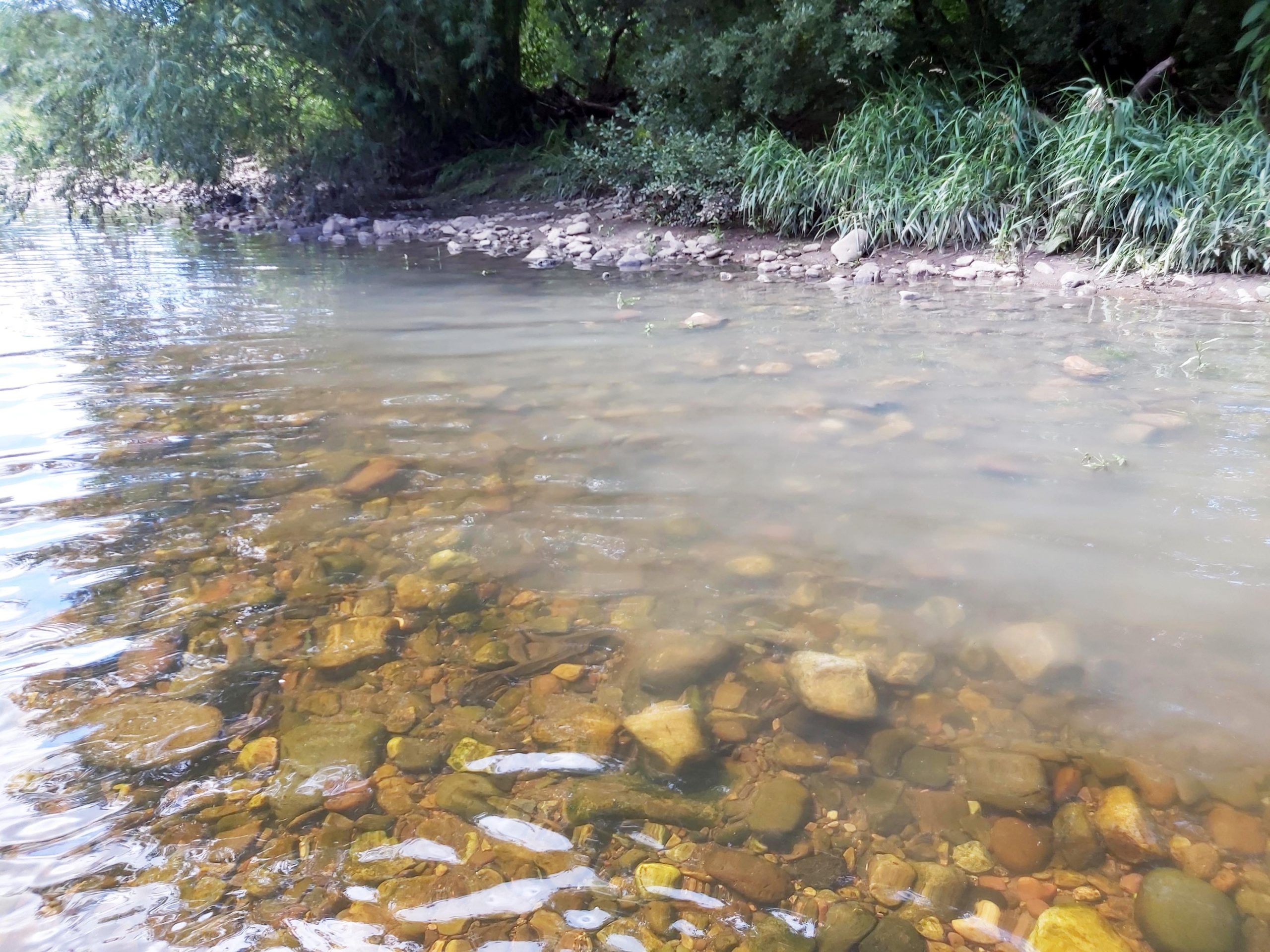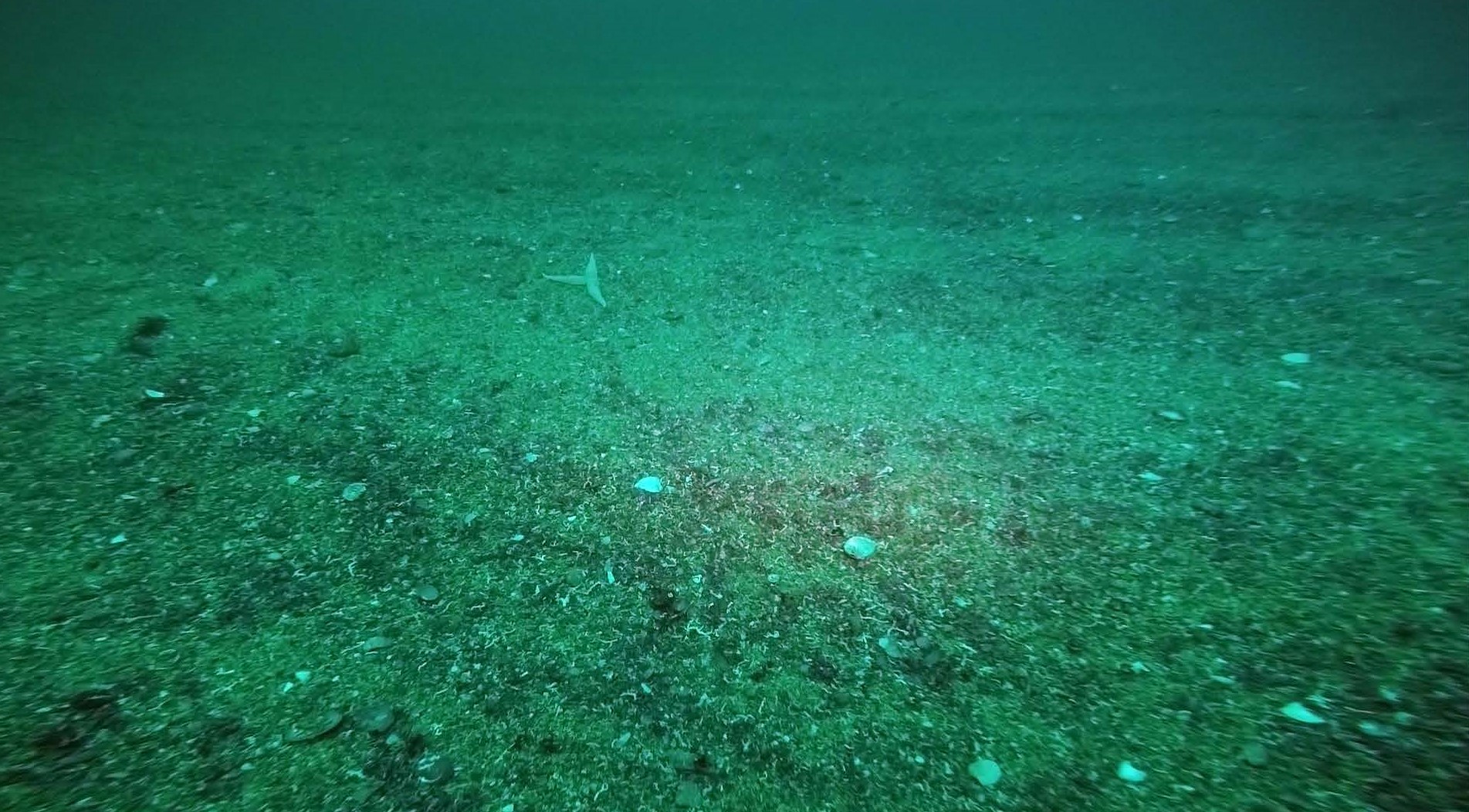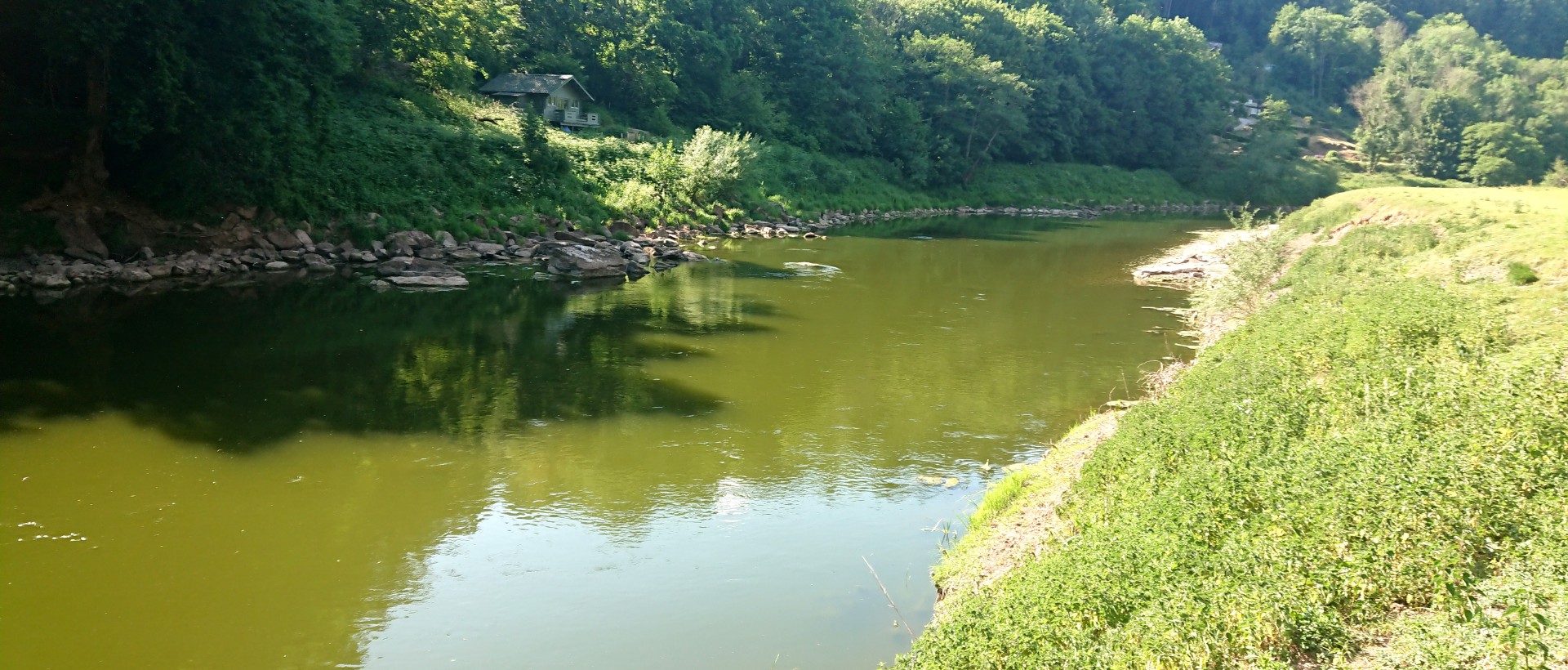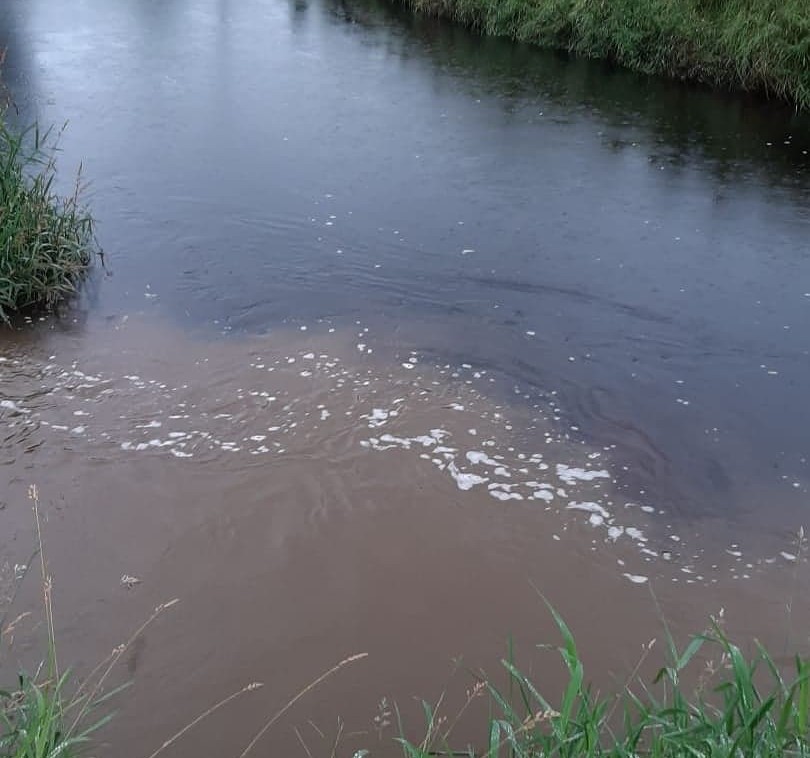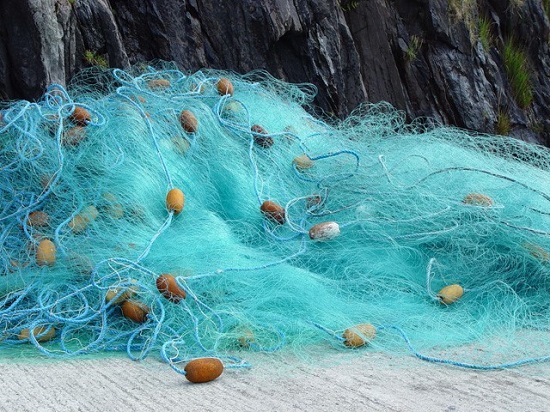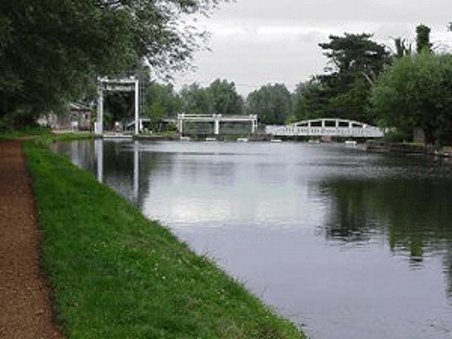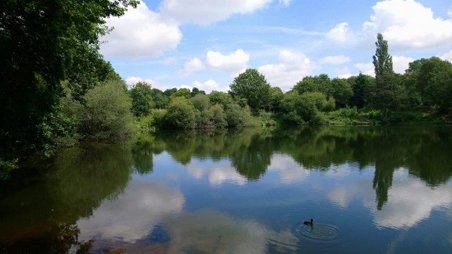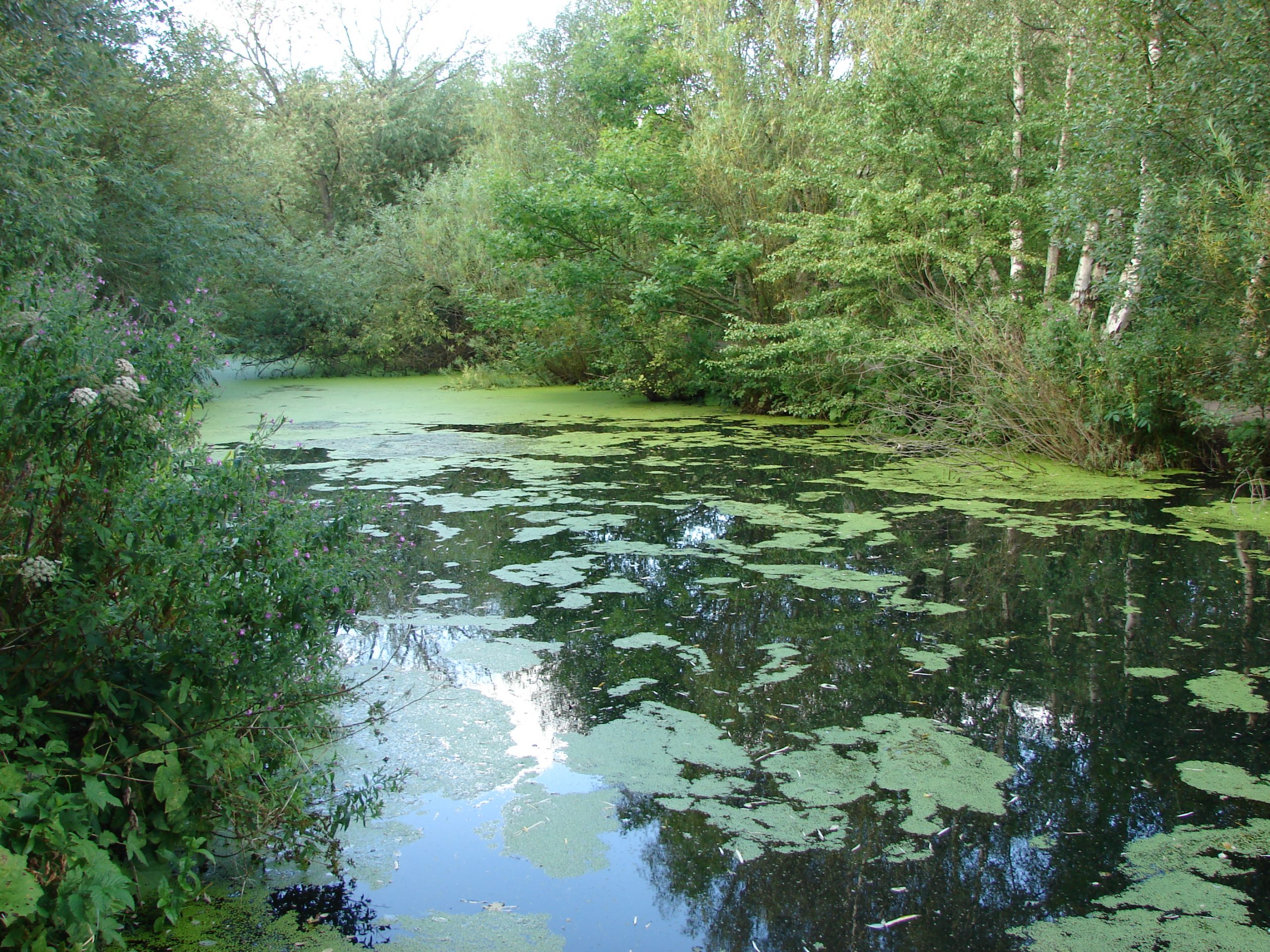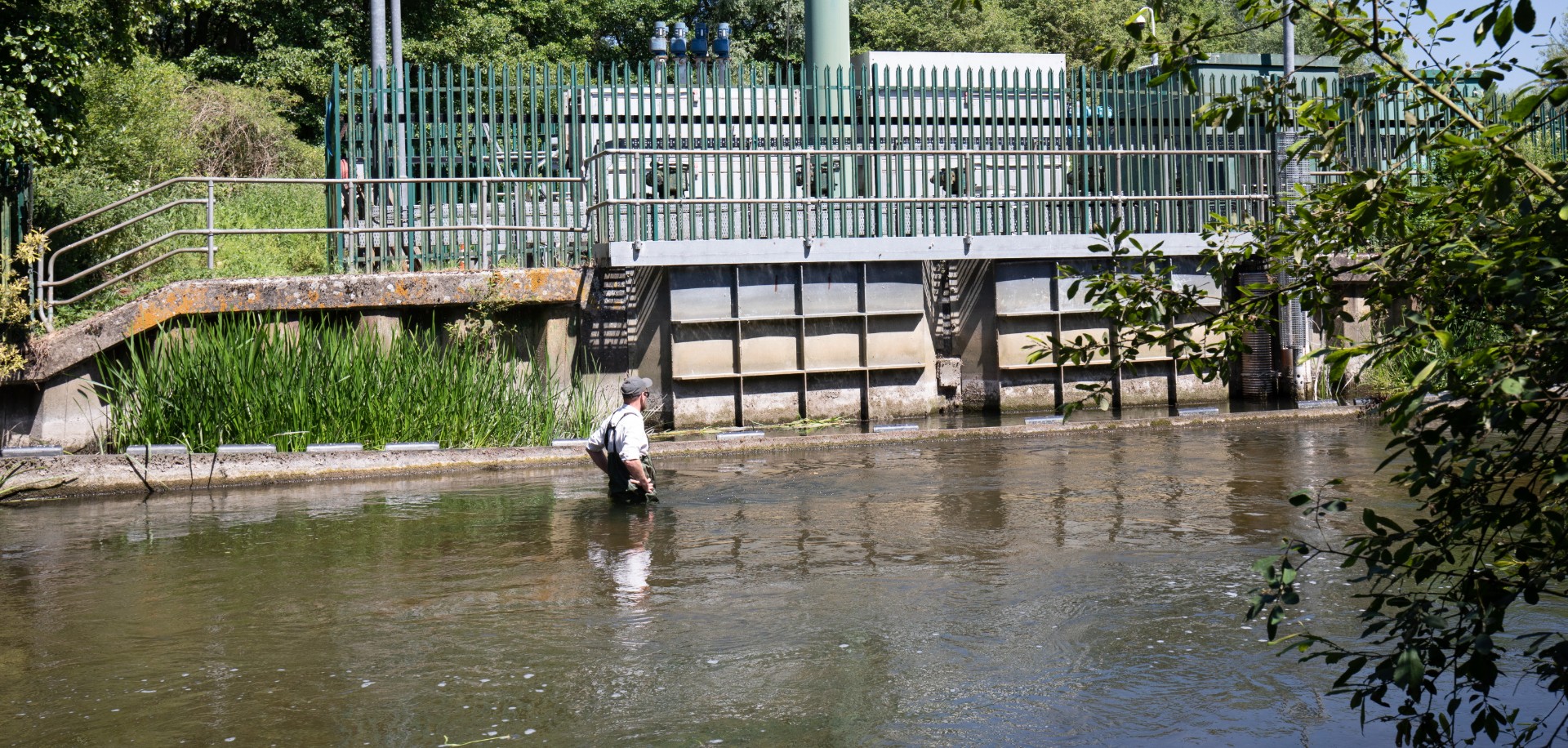Water Protection Zones
In 2015, Fish Legal, Angling Trust and WWF launched a judicial review challenge against Defra and the Environment Agency were failing to meet their Water Framework Directive obligations: crucial measures such as the use of “Water Protection Zones” or WPZs were not being taken to prevent agricultural pollution in protected sites. The legal challenge settled with Defra and the Environment Agency agreeing to put in place further investigations. But there have been more delays with no effective measures in place. Fish Legal, the Angling Trust and its partner WWF are considering a further legal challenge.
The three organisations claimed ministerial involvement had stifled action to address harmful pollution from farms – despite the Government legally committing to ensuring that the 44 protected freshwater sites were healthy by 2015.
The High Court judge recognised the need for urgent action to protect these sites and the wildlife that lives there. As a result of the legal victory, the Government must evaluate the use of mandatory Water Protection Zones. alongside voluntary steps by farmers, which have so far failed to protect these vulnerable places from farm pollution.
The judge in the case, Sir Andrew Collins, said it was “obviously of the greater importance” that proper measures were taken as soon as possible to meet the obligations of the Water Framework Directive. He added: “We all know our wildlife is suffering as a result of pollution and not only wildlife, but people as well.”
Defra and the Environment Agency produced a position statement following the High Court hearing which can be downloaded below. Whilst not accepting that they had applied a “last resort doctrine” to the use of Water Protection Zones as such, due to this legal action Defra and the EA have now agreed to evaluate using and deploying them at specific conservation sites.
NOTES:
(1) Water Protection Zones are the primary regulatory tool identified by the Government to tackle agricultural pollution. A WPZ provides a legal framework for introducing bespoke local measures to reflect the needs of a specific catchment that are not being tackled by existing voluntary measures.
(2) The EU’s Water Framework Directive (WFD) came into force in December 2000. Its purpose is to establish a framework for the protection of inland surface waters (rivers and lakes), transitional waters (estuaries), coastal waters and groundwater to ensure that all aquatic ecosystems meet Good Status by 2015.

